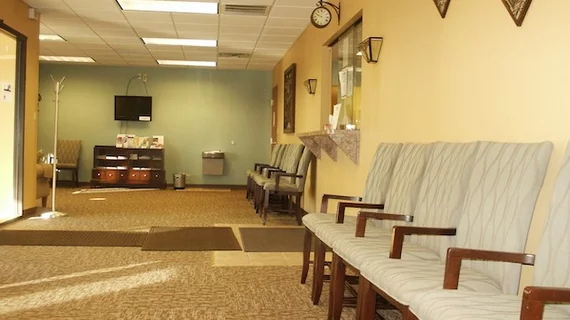Radiology practices should turn to CT exams to boost colorectal cancer screening rates
A number of patients recommended for colorectal cancer screening say they haven’t followed doctors’ orders, but have undergone a CT scan. Experts now believe these imaging encounters may serve as an opportunity to boost CRC screening rates.
That’s what physicians from Massachusetts General Hospital in Boston argued after gathering thousands of patient responses taken from a national healthcare survey. Those insights, published March 3 in Current Problems in Diagnostic Radiology, found nearly one-third of patients who did not receive recommended screening reported undergoing a CT exam.
“The significant proportion of eligible patients who reported undergoing a CT despite not undergoing recommended CRC screening suggests that CT may be more accessible and readily available than optical colonography or sigmoidoscopy,” wrote Anand K. Narayan, MD, PhD, with MGH’s Department of Radiology, and colleagues.
And radiologists can help by undertaking a number of initiatives, both big and small, to bolster screening for those suffering from the second leading cause of cancer-related death in the U.S.
Aside from using intake questionnaires to identify eligible patients, imaging practices can focus on educational outreach. Presenting individuals with the many options for CRC screening is a good first step, and can be combined with scheduling information to make it convenient to setup such appointments. At-home tests have also proven effective in certain situations.
Practices should also consider partnering with other specialties, such as oncology, and look outside their individual departments toward other imaging facilities. Focusing on the latter, the researchers recommend offering CT colonography at imaging facility locations that may be more accessible for patients, and improving access to other CRC screening tests.
One potential pitfall to avoid, the group noted, is bolstering screening rates only for patients who are already more likely to seek out colorectal cancer screening. While these populations remain important, increasing screening in those less-likely to receive an exam should be a priority. Among the more than 16,000 survey respondents who’ve received a CT scan, Asian individuals, those without health insurance, lower income groups and less educated people were less likely to receive CRC screening.
“Our results are comparable to previously published studies suggesting that racial/ethnic minorities, uninsured, and low income patients are less likely to undergo CRC screening,” Narayan et al. wrote. “Targeted colon cancer awareness outreach campaigns directed towards these groups are consistent with Imaging 3.0 initiatives encouraging radiologists to promote population health.”

